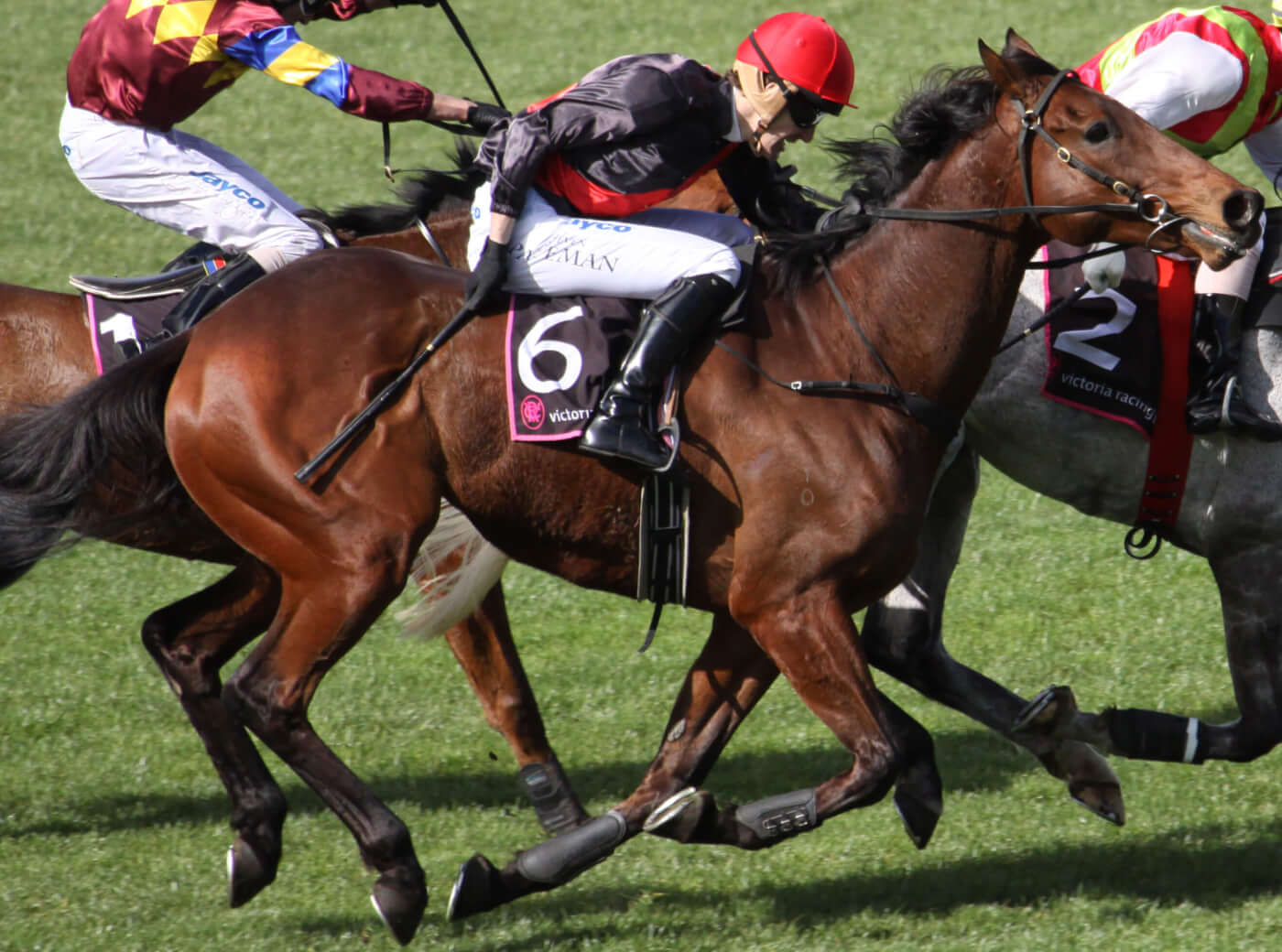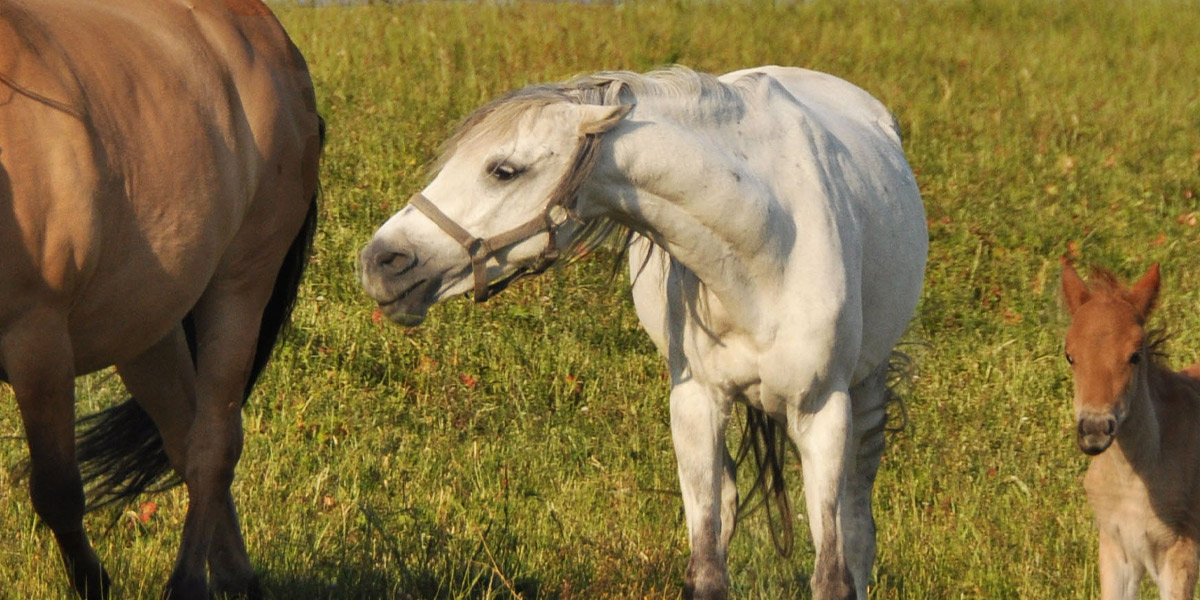How to Stop Aggressive Horse Behavior

Aggressive behavior in horses can be challenging and potentially dangerous for both the animal and the handler. Understanding the causes, recognizing the signs, and applying effective management and training techniques are essential steps to ensure safety and improve the horse’s temperament.
Understanding Aggressive Behavior in Horses
Aggression in horses can stem from various factors including fear, pain, territorial instincts, or improper handling. Identifying the root cause is crucial for addressing the behavior effectively.
| Common Causes of Aggression | Description |
|---|---|
| Fear or Anxiety | Horses may act aggressively when they feel threatened or scared. |
| Pain or Discomfort | Physical pain can cause irritability and aggression. |
| Territorial Behavior | Protecting their space or herd can trigger aggressive actions. |
| Poor Training or Handling | Inconsistent or harsh handling can lead to mistrust and aggression. |
Signs of Aggressive Behavior
Recognizing early signs can prevent escalation. Common indicators include:
- Ears pinned back
- Baring teeth or biting
- Pawing or striking with hooves
- Swishing tail aggressively
- Tense body posture
Steps to Stop Aggressive Behavior
1. Assess Health and Environment
- Consult a veterinarian to rule out pain or illness.
- Ensure the horse’s living conditions are comfortable and stress-free.
2. Establish Trust and Consistency
- Use calm, confident handling techniques.
- Maintain a consistent routine to reduce anxiety.
3. Implement Positive Reinforcement Training
- Reward calm and non-aggressive behaviors.
- Avoid punishment-based methods that can increase fear.
4. Use Professional Help When Needed
- Engage an experienced trainer or behaviorist for persistent issues.
Training Techniques to Reduce Aggression
| Technique | Description | Benefits |
|---|---|---|
| Desensitization | Gradually exposing the horse to triggers | Reduces fear-based aggression |
| Groundwork Exercises | Teaching respect and control from the ground | Builds trust and communication |
| Clicker Training | Using a marker signal to reinforce good behavior | Encourages positive learning |
Frequently Asked Questions (FAQ)
Q1: Can aggressive behavior in horses be completely cured?
A: While some horses may always have a tendency toward aggression, consistent training and management can significantly reduce aggressive incidents.
Q2: Is it safe to handle an aggressive horse alone?
A: It is generally safer to have assistance or professional help when dealing with aggressive horses to prevent injury.
Q3: How long does it take to change aggressive behavior?
A: The timeline varies depending on the horse’s history, cause of aggression, and training consistency. Patience and persistence are key.
By understanding the causes and applying structured, compassionate training methods, handlers can effectively manage and reduce aggressive behavior in horses, ensuring a safer and more enjoyable experience for both horse and human.
